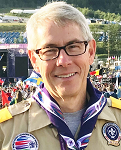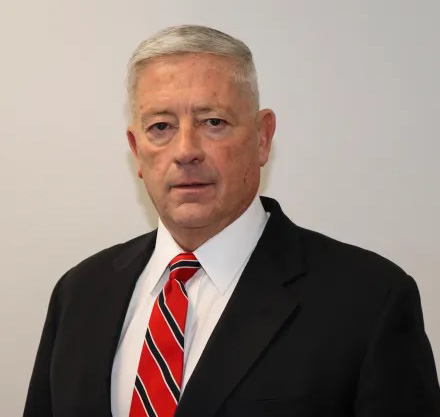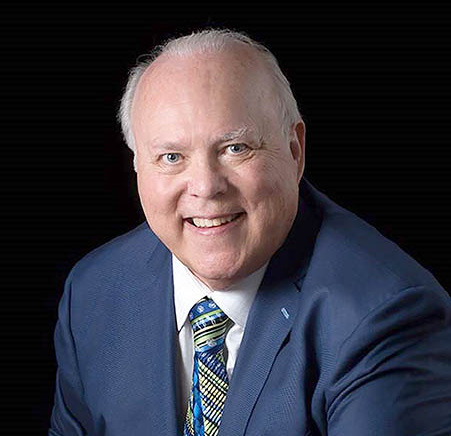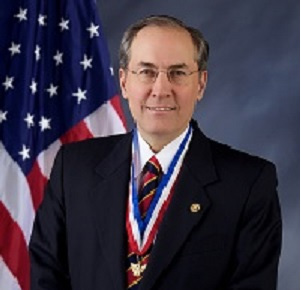- Commissioners
- Commissioners
- Commissioner Newsletter Fall 2023
- Exploring, A Bit of a Background
The
Commissioner
a publication for commissioners and professionals
Fall 2023
Exploring, A Bit of a Background
Many traditional Scouters have no idea where Exploring came from and question why it even exists. Too often Councils view Exploring as optional and make no serious effort to offer the program to the young adults of their communities. A bit of background may be helpful.
Explorers or Explorer Scouts have been around for over 75 years, but contemporary Exploring dates to the late 1960s and is based on market research conducted in the 1950s and 1960s with the University of Michigan and the Yankelovich organization. The BSA was interested in understanding how we could better attract and retain teenage boys in Scouting programs. The big insight coming out of the research was that outdoor adventure did not hold the same appeal for teenagers as it did for younger age groups. They were however very interested in exploring careers and experiencing how they might spend their adult working lives, information they were not getting at home or in their schools. Also, wearing uniforms resembling their little brother’s was not cool – and participating in activities with girls was.
Credit goes to the Orange County Council under the leadership of National Executive Board member Bill Spurgeon for going a bit rogue in pioneering a co-ed career initiative. After a national two-year pilot program, contemporary career exploring was introduced on April 1, 1971 with young women as official members.
Exploring is frequently viewed as simply a career education program. But a properly run Post is led by youth officers and operates year-round offering a hands-on multi-year experience. Adult advisors are simply there to advise and coordinate resources from the sponsoring company or agency. Exploring has the same mission of character and leadership development as the other programs of the BSA, without explicitly using the Scout Oath and Law. Identifying a career (or learning one would be a bad fit before pursing 2-4 years of study) is a secondary benefit. Instead of the program hook of the outdoors, Exploring uses career interests to attract teenagers. Exploring can be based around any vocational interest.
Former New York City Police Commissioner James O’Neill summed it up perfectly during a Greater New York Councils Law Enforcement Exploring Board meeting, which he chaired. The Commissioner commented “When we take a hard look at crime statistics in each precinct, we find that those with the most active NYPD youth programs have the lowest youth crime rates. Of course, Exploring is the most important of our programs. Now it would be nice if some of these Explorers go on to become New York City cops or join another agency, but that’s not really the point, is it? The important thing is that these young people become better citizens and leaders in their communities.” Note that there are hundreds of former Explorers who are NYPD officers.
Like all programs, Exploring membership was hit hard by COVID but as the third largest BSA program, it is recovering nicely with 21% growth in 2022 but still has a long way to go. The vast majority of Explorers have no Scouting history so they offer a second natural recruiting opportunity along with Cubs.












